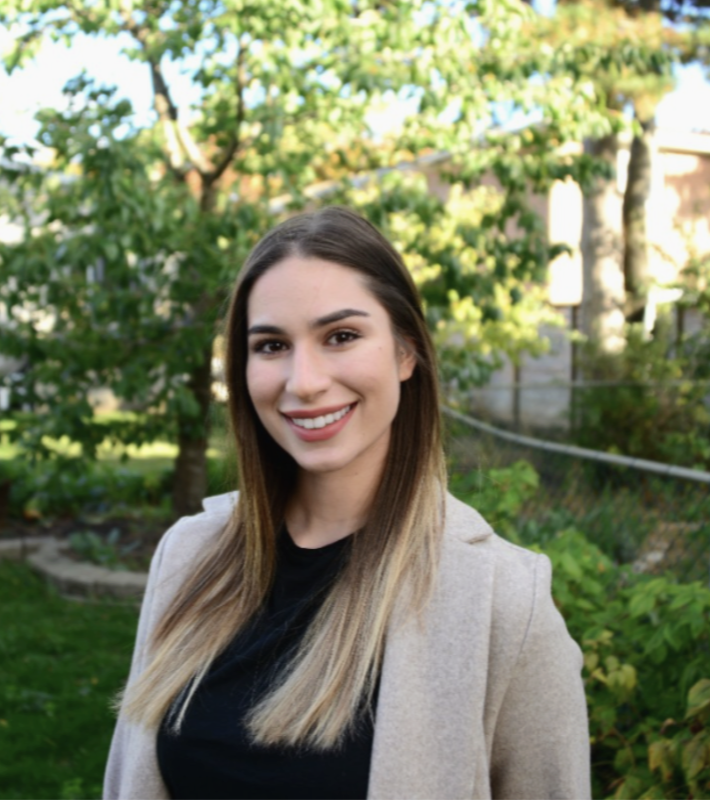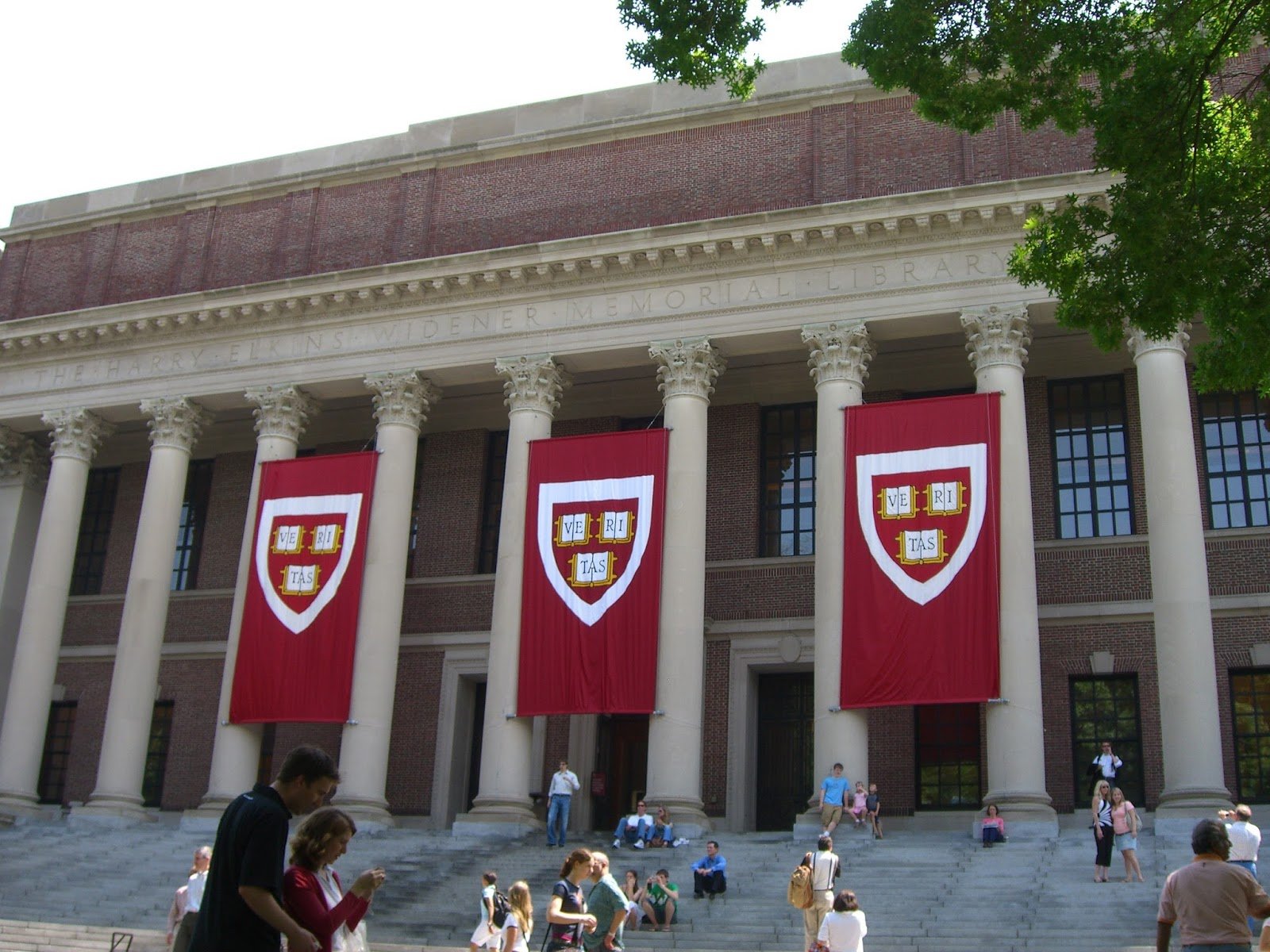So you're the parent of a high-flying student aiming for the Ivy League. Your teen has the grades, test scores, and even stellar extracurriculars. But the thought of hiring a college counselor is still on your mind. This blog will help answer the burning question: Is Ivy League counseling worth it when your student is already a high performer? Let’s take a closer look.
Table of Contents:
- Ivy League Acceptance Rates
- The ROI of an Ivy League Education
- Is Ivy League Counseling Worth It?
- Reducing Stress and Anxiety
- Behind-the-Scenes Insights
- Early Application Strategy and Data-Driven Support
- Building Authentic and Personalized Applications
- Interview Preparation and Post-Application Strategy
- Final Thoughts
Ivy League Acceptance Rates
The eight esteemed private colleges that make up the Ivy League are known as:
- Brown University
- Columbia University
- Cornell University
- Dartmouth College
- Harvard University
- Princeton University
- University of Pennsylvania
- Yale University
With a long history recognizing their notable alumni, competitive academics, and prestigious institutions, Ivy League schools are notoriously difficult to get accepted into. Though the Ivy League has always maintained a reputation of being highly selective, admissions trends in recent years have shown record-low acceptance rates. Most notably, Harvard’s Class of 2027 acceptance rate was a shocking 3.4%, having only admitted 1,966 students.
|
College |
Acceptance Rate 2023 |
|
Brown |
5.1% |
|
Columbia |
3.9% |
|
Cornell |
~8% |
|
Dartmouth |
6% |
|
Harvard |
3.4% |
|
Princeton |
4.1% |
|
UPenn |
~4% |
|
Yale |
4.3% |
Despite the odds weighing against applicants, students continue to add at least one of the Ivies to their list of schools when applying to college. So much so that the Ivy League received over 300,000 applications in 2022 and 2023. But why do so many students still throw their names into the ring if the odds are stacked against them?
The ROI of an Ivy League Education
We’ve highlighted a few of the more recognizable aspects of the eight Ivies, but beyond the networking opportunities, extracurriculars, diverse student body, and unmatched research facilities, the Ivy League is often looked at as a stepping stone for a transformative career after graduation.
According to PayScale, the median salary of a recent Ivy League graduate is $89,137.50. More significantly, the average salary increase from recent graduates to those well into their careers was a whopping 78%.
Before we move on to discuss the eligibility requirements and why Ivy League counseling is worth exploring, it is important to remember that not all Ivy League graduates are equally successful, and attending an Ivy League school does not guarantee a successful career following graduation. In fact, a recent study conducted by Harvard economists found that SAT/ACT scores (and, by extension, how a student performs academically) were far more predictive of post-college success than what school they attended.
In other words, there is no denying that an Ivy League education can introduce unique opportunities to students, but students can be equally as successful, if not more, at institutions outside the Ivy League.
Is Ivy League Counseling Worth It?
Now that we’ve discussed why families consider the Ivy League, let’s talk about eligibility and the cold hard truth about Ivy League admission.
We hate to be the bearers of bad news, but the reality is that an overwhelming amount of students who apply to the Ivy League meet the requirements. Many of these applicants are class presidents or valedictorians, have stellar academics and outstanding test scores, maintain strong extracurriculars, and more.
If you’ve attended our webinars before, you’ve heard us discuss this once or twice. The unfortunate truth is that the Ivy League simply does not have enough space to admit the number of qualified applicants they receive yearly. If they did, they would have to give up their highly selective reputation. So what does that mean for families with high-performing high schoolers, and how can they beat the odds?
College counseling has entered the chat. College counseling offers all-in-one college application support for families. College counseling services have also been shown to increase students’ acceptance chances. Collegewise is proud to share that 92% of our students have been admitted to at least one of their top three college choices.
For students who may require a lot of expert help on their application preparation, college counseling may be a no-brainer. But we often have families (like yours) who wonder if college counseling is worth the investment when your student is already showing remarkable promise. Here are 5 reasons why Ivy League counseling is worth the investment for you:
Reducing Stress and Anxiety
It’s not a secret the process of preparing an Ivy League application is overwhelming. These stressful moments can feel significantly easier when investing in Ivy League consulting.
As high-performers, students have busy schedules. From AP courses and homework to extracurricular involvement and sports practice, these important commitments don’t leave much time in the day for teenagers to focus on other things. Adding application prep, filling out the Common App, preparing for interviews, or writing essays into the mix can lead to a cocktail of emotions and burnout.
That’s why counseling services can include:
- Project management, progress reports, and check-ins
- Essay brainstorming and review
- Interview preparation, and more
- AP, SAT, or ACT tutoring and test prep
Working with an expert can help your teen focus on maintaining their current progress without introducing a layer of stress and anxiety to an already overwhelming period.
Related: Testing Score Requirements for Ivy League Schools
Behind-the-Scenes Insights
College counseling companies tend to have former admissions officers on their roster. These individuals offer a valuable perspective in the college admissions process because they’ve been on both sides of admissions. This is often an invaluable advantage for families as students have mere minutes to impress the application reader before they move on.
Beyond working with former admissions officers, families are often paired with counselors who have guided hundreds of students through the process. This allows families to feel more confident and comfortable knowing that their counselor can answer any question they may have.
Early Application Strategy and Data-Driven Support
Applying to college isn’t always as straightforward as it seems. From early action to restrictive early action and regular decision, each college application deadline plays a critical role in how colleges view an applicant's commitment to the school. In fact, Collegewise’s studies have shown that the Ivy League has a higher early acceptance rate compared to those applying in the regular round.
Investing in Ivy League consulting means:
- Exploring every avenue and identifying the best course for your family based on your teen’s academic profile and goals
- Receiving expert help on college application prep to ensure your teen meets early November deadlines
- Guidance on financial aid or scholarship opportunities and weighing packages from colleges
Building Authentic and Personalized Applications
It may seem surprising, but there is no “perfect application” or “secret formula” for the Ivy League. Collegewise counselor and former Associate Director of Admissions at Cornell University, Meredith Graham, notes, “The Ivy League isn’t looking to admit all of the same students. The goal is to build a well-rounded class with students who bring something unique to the table.”
Unknowingly, families can take the “checklist approach,” where they build an application or draft essays they think application readers will find impressive. The truth is, this is more harmful than helpful. Admissions officers read thousands of applications a year—over time, they develop a keen eye for applicants who sacrifice individuality and authenticity to sound impressive.
When colleges read applications or essays, they want to learn three valuable things from the student:
- Can this student be academically successful at this school?
- Who is this student outside the classroom and what makes them unique?
- Are we the right fit for each other?
The first question is answered from the more straightforward portion of the application, such as SAT/ACT scores and GPA. But answers to the other questions are usually weaved throughout extracurriculars, letters of recommendation, and essay components. Careful planning and strategy go into successfully demonstrating fit, interest, and character. Even as high-achieving students, the ability to highlight these key aspects is no easy task.
Interview Preparation and Post-Application Strategy
Before we dive into this section, we want to offer a quick but important disclaimer. Ivy League admission is never guaranteed, even for high-achieving students or even with Ivy League counseling in your back pocket. As we’ve mentioned, the Ivy League is limited in the number of available spots compared to how many applications they receive yearly.
That said, the majority of students we work with focus so much on the journey toward submitting an application that they forget about what happens after. As a high performer, there is a possibility that your student will be admitted. And if that happens, we’ll be right there with you to celebrate! However, there is a real possibility that a student might be deferred, waitlisted, or asked to attend an interview with the college before receiving their final decision.
Ivy League counseling, especially when working with Ivy League alumni or former admissions officers, can help students navigate an incredibly stressful few weeks.
Counselors can provide students with:
- Mock interviews and tips
- Advice on how to write a “Continued Interest” email to admissions officers
- Financial aid consulting, and more
It’s also important to remember that college application results, alumni interviews, and decision season take place during the school year. This is a period where students are expected to maintain their grades and performance before graduation. Extra support from a college counselor helps eliminate distractions and roadblocks your teen may face when concluding their senior year.
Related: What to Do If You've Been Deferred
Final Thoughts
College counseling isn’t for everyone, but as your family considers this avenue, it’s worthwhile to explore every option before making any concrete decisions about your teen’s college application journey.
Especially with such high stakes in the Ivy League admissions process, having a chat with a counseling service to learn more about their offerings and pricing can help your family identify the next steps.
To get started, schedule a free consultation with us here. This consultation will include:
- Candidacy Assessment: The consultation begins with us learning more about your teen's academic background and future ambitions to better determine how we can support your family.
- Addressing Application Pain Points: We recognize that every family has unique concerns, and we're here to help you navigate any challenges, worries, or unique circumstances you may face.
- Personalized Program Building: No two students are alike. That's why we cater our programs to best support every family and their unique needs.
Related: How Much Does College Counseling Cost?
About Us: With more than twenty years of experience, Collegewise counselors and tutors are at the forefront of the ever-evolving admissions landscape. Our work has always centered on you: the family. And just like we’ve always done, we look for ways for your student to be their best self - whether in the classroom, the applications, or in the right-fit college environment. Our range of counseling, test prep, academic tutoring, and essay management, all with the support of our proprietary platform, lead to 4x higher than average admissions rates.



/Blog%20CTAs%20(1)-2.png?width=600&height=200&name=Blog%20CTAs%20(1)-2.png)



